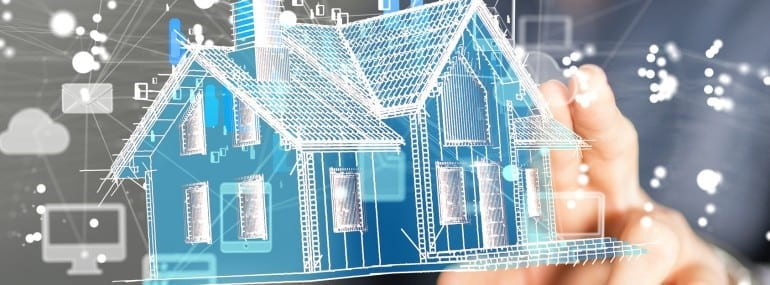People with Hearing Loss and Connected Home Technologies
By k.pothong, on 15 November 2019
PETRAS National Centre of Excellence for IoT Systems Cybersecurity took a first step to understand the needs and expectations of people with special requirements, starting with those with hearing loss, in their engagement with Internet of Things (connected devices) in their domestic environment. We organised a workshop on the 29th October 2019 which received interest and representation from a broad range of stakeholders, including technology developers, researchers, representatives of various UK groups for people with hearing loss (both the profoundly deaf and hard-of-hearing and cochlear implant users), as well as some individual end-users with hearing loss.
Kruakae Pothong led the workshop design, building on deliberation and value sensitive design, with the support of Claire Milne, a PETRAS Associate and LSE Visiting Senior Fellow, and Sarah Turner, a STEaPP Digital Technology and Public Policy MPA graduate. The workshop opened with participants sharing their experiences of technology in domestic life and the adjustments made to support various types of hearing loss. Participants were then asked to collectively define what they find problematic about their experience.
This was followed by a presentation from a developer of a technology that could benefit those with specific forms of hearing loss, and further examples of connected technology for hearing loss. These examples served as prompters for further discussion about the kinds of connected technology that would address the challenges participants identified. To capture participants’ concepts of deaf-friendly connected technologies, we asked participants in each of our three break-out groups to co-create a persona and one or two technology concepts for this persona.
Resulting from the workshop are three personas, with different types of hearing loss and technology concepts. These concepts highlight a strong value and expectation for interoperability across all domestic appliances and consumer connected devices. The deliberative exercises also revealed opportunities for mainstream connected device developers to raise their standing in deaf and hard of hearing markets, by improving their accessibility features as well as making these features more discoverable and easier to set up. According to Action on Hearing Loss, 11 million people in the UK are deaf or hard of hearing, and many more might choose to use features like captioning. Overall, the workshop activities have sparked interests among technology developers, deaf charities and researchers to work more closely together to make connected technologies more inclusive and accessible to all.
To continue stakeholder engagement and communicate the importance of inclusiveness and accessibility features in connected technologies, a short play is being developed based on the analysis of the workshop data and personas. This short play will be filmed and made available online, with a release date of the beginning of December 2019.
So, watch this space!!
 Close
Close


